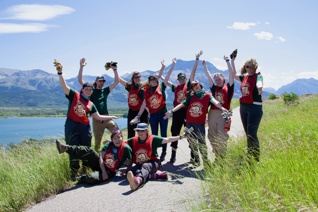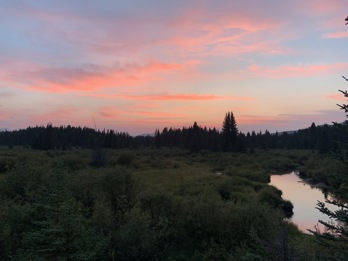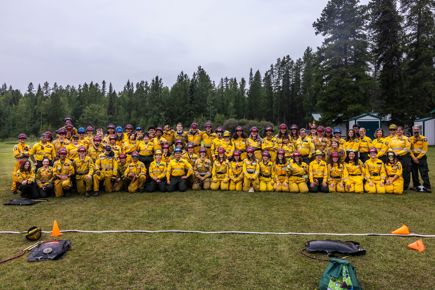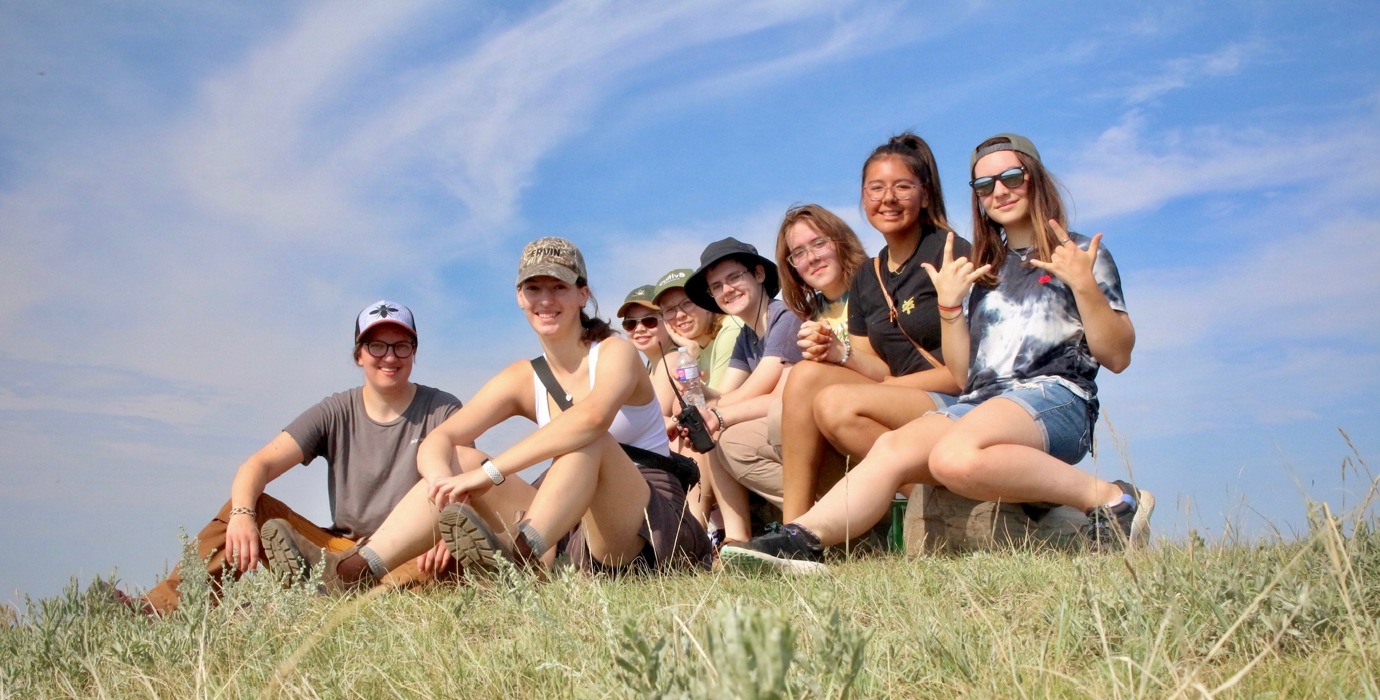All of our JFR crews live on a wildfire base or JFR-specific base.
Life on these bases varies from area to area, but each one has the necessary amenities for an enjoyable camp experience:
- Showers
- Kitchen
- Recreation room
- Fitness room
- Trailer or cabin-style accommodations
Some of the bases are surrounded by forest and have sports equipment, kayaks and canoes, a basketball court, pool table, and more!
Daily Schedule
Every camp is a little different with regards to meal times, but this is generally what you can expect on a day-to-day basis:
|
Time |
Activity |
|
06:30 |
Rise up and greet the sun! |
|
06:45 |
Morning fitness |
|
07:15 |
Breakfast, pack bag lunch if necessary |
|
08:15 |
Depart for project |
|
08:45 |
Safety briefing and begin project |
|
12:00 |
Lunch |
|
13:00 |
Continue project |
|
16:30 |
Return to camp |
|
17:00 |
Dinner |
|
18:00 |
Crew activity, camp chores, recreation, leisure, and down time |
|
22:00 |
Camp quiet |
Leisure Time

Evenings typically include time to clean up from the day’s work, followed by an activity, sports, games or free time.
Weekends involve:
- Taking part in outdoor recreation activities like hiking, fishing, canoeing, biking, etc.
- Spending time in the local town or city
- Some opportunities to take part in local events such as parades, volunteering at the local animal shelter or Boys & Girls Clubs, and Parks Day
Other Information

- You will get bit by bugs.
- You will see many types of animals.
- Some nights are spent away from your normal home base and will require you to sleep in a tent.
- You will be part of a team.
- You will have the time of your life.
- There is no cost for living on the bases.
- There is no cost for eating on the bases.
Project and Location Information
All JFR crews will take part in a number of projects surrounding forestry, wildfire, ecology, Indigenous teachings, natural resource management and more. The summer calendar for each crew is based on the three core elements of the JFR program: Stewardship, Leadership, and Traditional Ecological Knowledge. We aim for a 70% work project and 30% educational project split. Some projects our crews may take part in include:
Work Project Examples | Education Project Examples
| Community and legacy projects | Canoe certification |
| FireSmart | Fish hatchery tour |
| Habitat and ecosystem restoration | First Aid and CPR C |
| Invasive species removal | Helicopter ride |
| Seed collection | Lumber mill and cut block tour |
| Trail building and maintenance | Radio Operators Certificate (ROC-A) |
| Tree planting | Traditional Ecological Knowledge |
| Wildfire pump lab | Wildfire orientation and lookout tower education |
Each forest area has a different set of projects, educational opportunities, recreational activities, firebase and landscape that make them unique.

No matter where you are stationed, you will have a memorable summer!
Have questions about the JFR program? Check our FAQ section, or you can also Send us an email!


